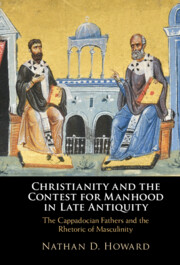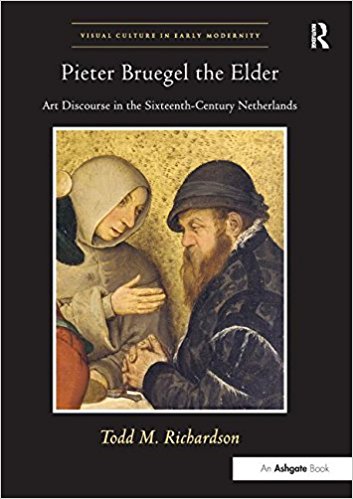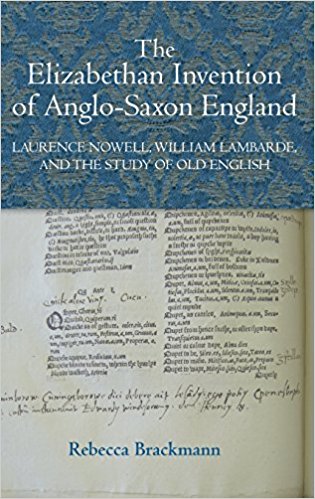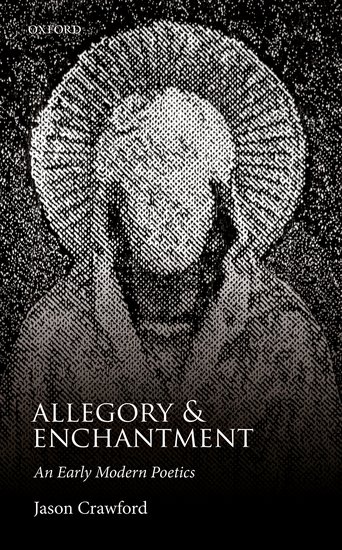Bringing scholars from around the Southeast and Appalachia to UTK
About:
Thanks to the generosity of Lindsay Young and the Aslan Foundation, the Marco Institute offers one or more Lindsay Young Visiting Regional Faculty Fellowships every year. These non-service fellowships are intended to bring scholars from Tennessee and neighboring regions to the University of Tennessee, Knoxville, where they can make use of our research resources in late antique, medieval, Renaissance, and early modern fields to further their research agendas and take part in the intellectual life of the Institute.
These fellowships are open to all scholars with terminal degrees at all regional institutions of higher education (including non-tenure track faculty), as well as credentialed independent scholars in the area, but preference may be given to faculty teaching in the state of Tennessee. Junior and non-tenure-track faculty are encouraged to apply!
Visiting fellows will have library privileges for the duration of their fellowship, including access to online databases, and are expected to acknowledge the support of the Institute in publications arising from their tenure of the Fellowship. As much as possible depending on the time of year, fellows are also expected to participate in Marco activities and meet with Marco graduate students during their residency.
The fellowship carries a stipend of approximately $750/week, and also covers one-time round-trip travel costs to and from Knoxville (up to $500). On-campus housing is currently unavailable, but local hotel rooms are available, as are AirBnb or similar arrangements. Fellows can work with the Marco Program Manager to discuss best options, and Marco can assist you with booking in most cases. (Hotel bookings can be deducted directly from your stipend and paid by Marco, for instance, if you choose that option.)
How to Apply:
The term of the fellowship is typically one to two weeks, to be undertaken between December 1 and July 31. In exceptional circumstances, longer fellowships of up to four weeks may be approved. Applications will be evaluated by the Lindsay Young Fellowship Committee, which will also make final determinations on the duration of the award.
2025-26 FELLOWSHIP APPLICATION DEADLINE: October 27, 2025
To apply, please send the following documents as electronic attachments to the Marco Institute at marco@utk.edu:
1. Lindsay Young Fellowship application cover page, downloadable here:
2. The following documents, combined into a single PDF file:
- A short description of your project. (750 words or less)
- A brief work plan, clearly demonstrating your need to be in residence at UTK and outlining your general proposed work schedule and specific UTK holdings that you plan to access. Please also note if there are specific members of the Marco community with whom you hope to meet, and/or any Marco events that you are planning to attend while in residence. (750 words or less)
- A short financial plan, including a travel budget, for your proposed dates of residency. (350 words or less)
- A copy of your CV.
Resources for Fellows:
Parking: Parking is currently changing on campus at UT Knoxville. We will endeavor to work with you and Parking & Transit to find the best solution for your stay. Some options include:
- Cherokee Mills Shuttle and Parking: The Marco Institute’s home at Cherokee Mills has lots of free public parking. You can park here and work in our space with no issues. There is also a direct shuttle between Cherokee Mills and Hodges Library, so if you need to go to campus, you can park here and ride the shuttle.
- Campus Permits and Hourly Mobile Paid Spots: Guests can utilize one of over 1000 mobile pay metered spots around campus, or we can work with Parking before your trip to arrange a temporary permit.
- Please visit Parking and Transit Services located at 2400 Sutherland Avenue to obtain your permit, if you get one. Their office hours are 7:30 am to 4:30 pm, Monday through Friday.
- Free street parking is available in the neighborhoods around campus (e.g., Fort Sanders), but cannot be guaranteed.
- Multiple KAT (Knoxville Area Transit) buses serve campus for reasonable rates.
Campus map: https://www.utk.edu/maps/
Library Resources:
- Hodges Library: https://www.lib.utk.edu/
- UT Libraries Special Collections: https://www.lib.utk.edu/special/
- Research Guide for Medieval & Renaissance Studies at UT: http://libguides.utk.edu/marco
- Marco Riggsby Library: https://marco.utk.edu/riggsby-library/
Visit Knoxville: https://www.visitknoxville.com/
|
Nathan D. Howard, Christianity and the Contest for Manhood in Late Antiquity: The Cappadocian Fathers and the Rhetoric of Masculinity (Cambridge: Cambridge University Press, 2023)
|
|
Lynneth Miller Remberg, “From Pulpit to Parish: Preaching Dance and Parish Dances in England and Scandinavia, 1300–1700,” Journal of the Northern Renaissance (2023)
|
|
Mary Baldridge, Spiritual Androgyny: The Creation of a New Orthodoxy by Medieval Christian Women (San Juan: Penelope Academic, 2012).
|
|
Rebecca Brackmann, The Elizabethan Invention of Anglo-Saxon England: Laurence Nowell, William Lambarde, and the Study of Old English (D.S. Brewer, 2012).
|
|
Michelle Moseley-Christian, “From Page to Print: The Transformation of the ‘wild woman’ in Early Modern Northern Engravings,” Word & Image 27.4 (2011): 429-42.
|
|
Alex Novikoff, “Anselm, Dialogue, and the Rise of Scholastic Disputation,” Speculum 86.2 (2011): 387-418.
|
|
Todd Richardson, Pieter Breugel the Elder: Art Discourse in the Sixteenth-Century Netherlands (Farnham, VT: Ashgate, 2011).
|
|
Robert Sawyer, “Biographical Aftershocks: Shakespeare and Marlowe in the Wake of 9/11,” Critical Survey 25.1 (2013): 19-32.
|
|
Chad Schrock, “The Ends of Reading in the Merchant’s Tale.” Philological Quarterly 91 (2012): 591-609.
|
|
Chad Schrock, “The Passage T. S. Eliot Took.” Essays in Criticism 64 (2014): 74-89.
|
|
Voss Roberts, Michelle, Tastes of the Divine: Hindu and Christian Theologies of Emotion (New York: Fordham University Press, 2014).
|




